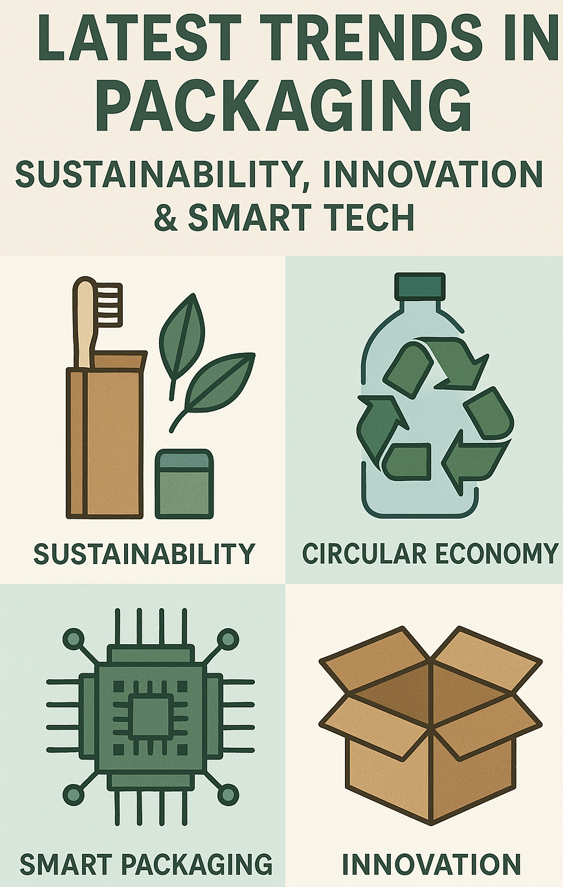
A notification issued by the state government late on Thursday said that this rule can be relaxed in case the thickness of plastic sheets damage the quality of packed goods. “In case the thickness of plastic sheets impair the functionality of the product, the packaging material may be used of less than 50-micron,” the notification added.
The government of Maharashtra also allowed the production, trade, distribution, and use of single-use plastic (SUP) items made of compostable materials such as straws, plates, cups, glasses, forks, containers like bowls, etc. The manufacturers or sellers of SUP, however, made from compostable materials shall have to obtain a certificate from the Central Institute of Plastic Engineering and Technology (CIPET) and Central Pollution Control Board (CPCB), the notification clarified.
This is worth mentioning here that the Central government has imposed a ban on the manufacturing, distribution, sale, purchase, and use of all aforementioned SUP items made from fossil fuels effective July 1, 2022. Also, the ban is already in force on packaging materials below 75-micron thickness which will go up to 120-micron after December 31, 2022. According to the Central government’s notification, all these items made from bio-degradable or compostable materials are allowed to manufacture, trade, distribute, sale, purchase, and use. This necessarily means the Indian government has banned SUP items made from fossil fuels only and not the ones made from bio-degradable and compostable materials.
“This is a mere reiteration of the central government’s notification. It is in line with the guidelines issued by the government of India earlier which mentions that the SUP ban does not apply to the products made of compostable materials,” said Deepak Lawale, Secretary General, Organisation of Plastics processors of India (OPPI).
Additionally, the government of Maharashtra has fixed the weight of non-woven polypropylene bags above 60 grams per square meter (GSM). This means the ban will apply to non-woven polypropylene bags below 60 GSM. Before the ban, the government of India had fixed the minimum thickness of polyethylene bags at 50-micron which created havoc across the country due to irresponsible post-use dumping.
A senior industry official said, “The fixation of a minimum thickness of packaging materials is a welcome step. It will not create problems even with scrap collection and dispatch for recycling. Also, the relaxation in the minimum thickness requirement would allow manufacturers and users to take well care of packaged goods and prevent spoilage.”







